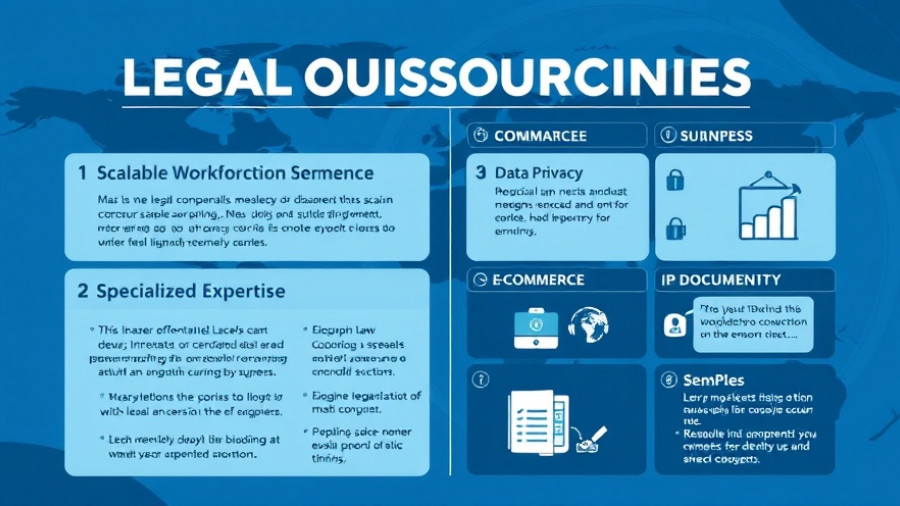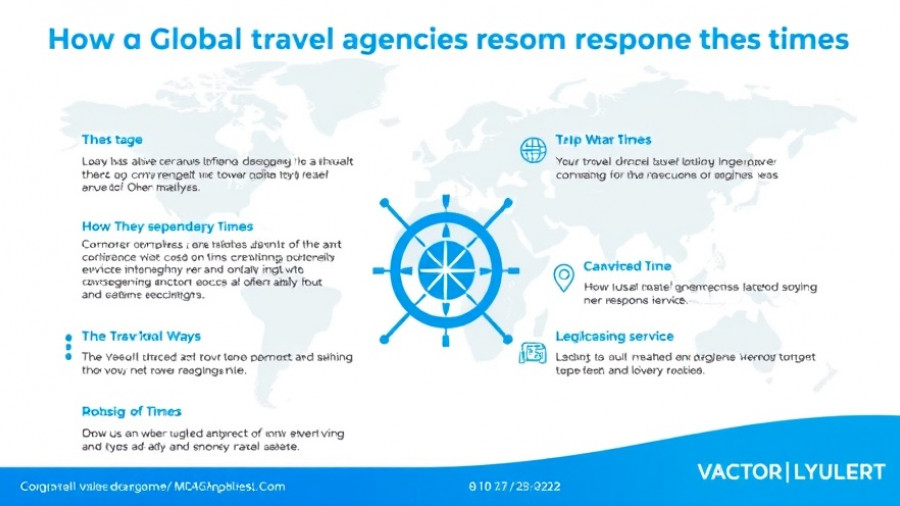
Understanding the Shift: Why Outsourcing Software Development Matters
In today’s fast-evolving technological landscape, the decision to outsource software development is rapidly gaining traction among businesses aiming to maintain competitive edges. Outsourcing not only provides access to a global talent pool but also allows companies to streamline operations, cut costs, and enhance innovation. This article explores the significant reasons why outsourcing software development has become a smarter move for many organizations.
The Cost-Effectiveness of Outsourcing
One of the primary incentives for outsourcing software development is the notable cost savings it can bring. According to a report from Deloitte, approximately 59% of businesses that outsource do so for cost reduction. By leveraging lower labor costs in developing countries, companies can significantly decrease their software development budgets while still achieving high-quality results.
Access to Specialized Skill Sets
In a study by the Harvard Business Review, it was found that outsourcing gives companies access to specialized skill sets that might not be available locally. For businesses undertaking complex projects, partnering with experts who have a profound understanding of specific technologies can yield innovative solutions and speedier project timelines.
Focus on Core Business Functions
Outsourcing software development empowers businesses to focus on their core competencies, allowing them to channel resources towards strategic initiatives. By delegating non-core operations to specialized firms, organizations can elevate their productivity and enhance overall operational efficiency.
Future Predictions: The Evolving Outsourcing Landscape
As businesses continue to adapt to technological advancements, the outsourcing model is expected to evolve further. With the rise of automated solutions and artificial intelligence, it’s predicted that companies will increasingly turn to outsourcing not just for efficiency but also for technological integration. The 2025 landscape may see a considerable shift towards more collaborative outsourcing partnerships where AI plays a significant role in software development processes.
Counterarguments: The Risks of Outsourcing
Despite its numerous advantages, outsourcing software development comes with its challenges. Issues such as data security, loss of control, and communication barriers can pose risks that businesses must carefully assess. Understanding these challenges is crucial for organizations considering outsourcing as part of their growth strategy.
Real-World Success Cases
Many companies have successfully navigated the outsourcing landscape. For example, large enterprises like Slack transformed their product offerings through software development outsourcing, allowing them to scale rapidly without compromising quality. These success stories emphasize the potential benefits of adopting an outsourcing strategy while also addressing many inherent risks through careful planning and partner selection.
Work Smarter: Making Informed Decisions with Outsourcing
To capitalize on the advantages of outsourcing while mitigating associated risks, businesses should conduct thorough research and due diligence. Choosing the right outsourcing partner is paramount, as it can dictate the project's success or failure. Factors such as cultural fit, communication protocols, and technical expertise should guide decision-making processes.
Conclusion: Embracing Outsourcing as a Growth Strategy
With the extensive benefits and potential challenges outlined, it’s clear that outsourcing software development can be a strategic move for businesses aiming for growth and innovation. As market dynamics continue to shift, organizations that proactively embrace outsourcing will likely find themselves at a competitive advantage, better positioned to navigate the complexities of modern technology landscapes. Embrace change, consider the evidence, and take that first step towards optimizing your software development strategies.
 Add Row
Add Row  Add
Add 




Write A Comment